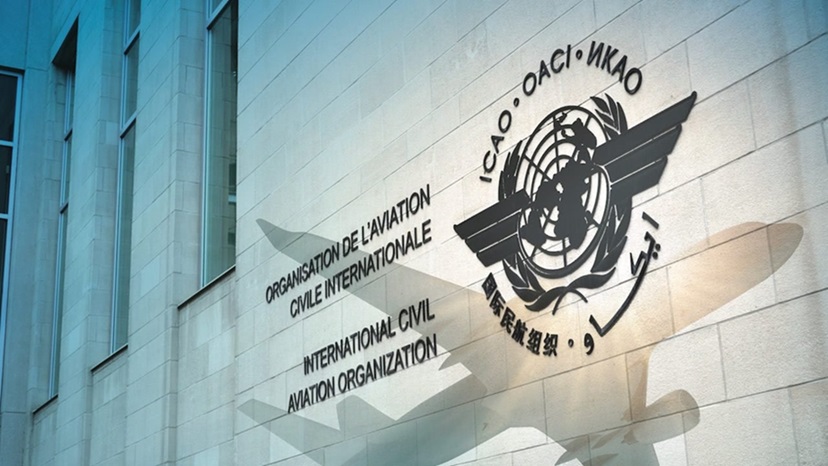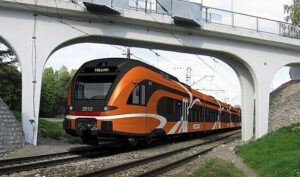The skies over Thailand could soon see a shake-up, and the Thai Pilots Association isn’t happy about it. As the country gears up for the busy travel season, a plan is in the works to temporarily allow foreign pilots to fly domestic routes through wet lease arrangements. This move, intended to combat a pilot shortage, has the association raising concerns about the potential risks. They claim that such a move could not only harm the local aviation industry but also jeopardize Thailand’s standing with the International Civil Aviation Organization (ICAO). Memories of a red flag from 2015 still linger, when Thailand failed to meet ICAO’s safety standards, and local airlines faced a hard stop on their international expansion dreams.
At the center of the controversy is wet leasing—an arrangement where foreign airlines provide aircraft, crew, maintenance, and insurance to a local carrier. While this may seem like a quick fix for Thailand’s pilot shortage, Teerawat Angkasakulkiat, president of the Thai Pilots Association, argues it’s a band-aid solution that could break more than it mends. With Thailand not officially committing to certain international aviation agreements, such as Article 83bis of the Chicago Convention, giving the green light to foreign pilots could be more than just a regulatory headache—it could potentially breach aviation laws and put the country in ICAO’s bad books again.
But there’s more to this than legal fine print. Teerawat points out that wet leasing foreign pilots comes at a high cost, and it’s not one passengers are likely to benefit from. While airlines may be looking to trim costs by bringing in foreign talent, there’s no guarantee those savings will trickle down to ticket prices. Meanwhile, the local job market is hurting, with over 1,700 Thai pilots still grounded due to unemployment. Each one of those pilots could bring millions of baht into the economy if given the chance to return to the skies—a far cry from the financial drain of outsourcing.
With all this at stake, Teerawat and the Thai Pilots Association are urging the government to think long and hard before moving forward with this plan. As they prepare to submit the issue for cabinet review, the association is hoping to steer the conversation back to local talent and the long-term health of Thailand’s aviation industry. After all, Teerawat argues, the real solution isn’t in bringing in foreign pilots—it’s in breaking down the barriers keeping local pilots out of the cockpit.
(Source: Bangkok Post | VnExpress International)









